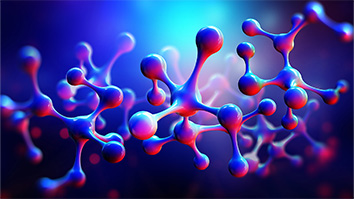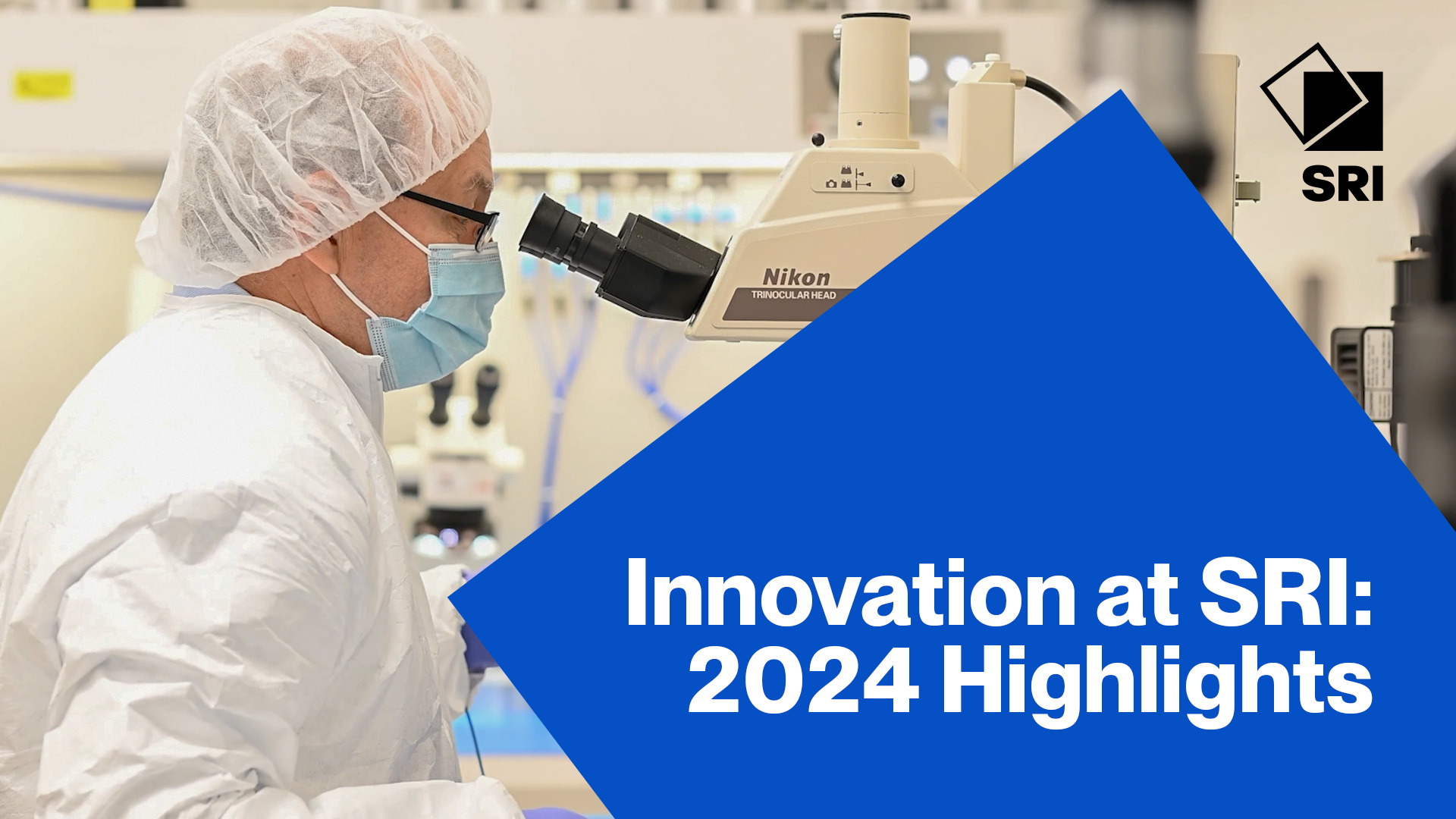Citation
Sullivan, E. V., & Pfefferbaum, A. (2022). Alcohol use disorder: neuroimaging evidence for accelerated aging of brain morphology and hypothesized contribution to age-related dementia. Alcohol.
Abstract
Excessive alcohol use curtails longevity by rendering intoxicated individuals vulnerable to heightened risk from accidents, violence, and alcohol poisoning, and makes chronically heavy drinkers vulnerable to acceleration of age-related medical and psychiatric conditions that can be life threatening (Yoon, Chen, Slater, Jung, & White, 2020). Thus, studies of factors influencing age-alcohol interactions must consider the potential that the alcohol use disorder (AUD) population may not represent the oldest ages of the unaffected population and may well have accrued comorbidities associated with both AUD and aging itself. Herein, we focus on the aging of the brains of men and women with AUD, keeping AUD contextual factors in mind. Knowledge of the potential influence of the AUD-associated co-factors on the condition of brain structure may lead to identifying modifiable risk factors to avert physical declines and may reverse or arrest further AUD-related degradation of the brain. In this narrative review, we 1) describe quantitative, controlled studies of brain macrostructure and microstructure of adults with AUD, 2) consider the possibility of recovery of brain integrity through harm reduction with sustained abstinence or reduced drinking, and 3) speculate on the ramifications of accelerated aging in AUD as contributing to age-related dementia.


